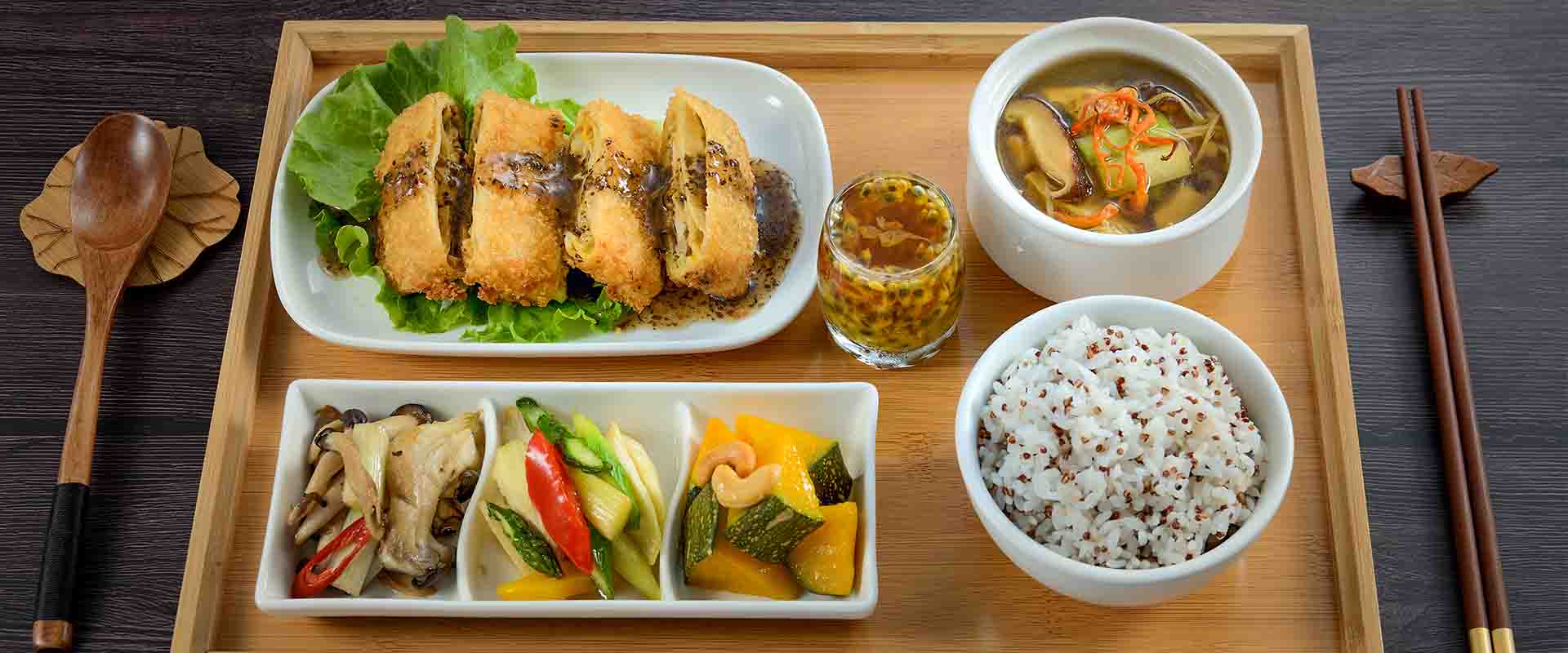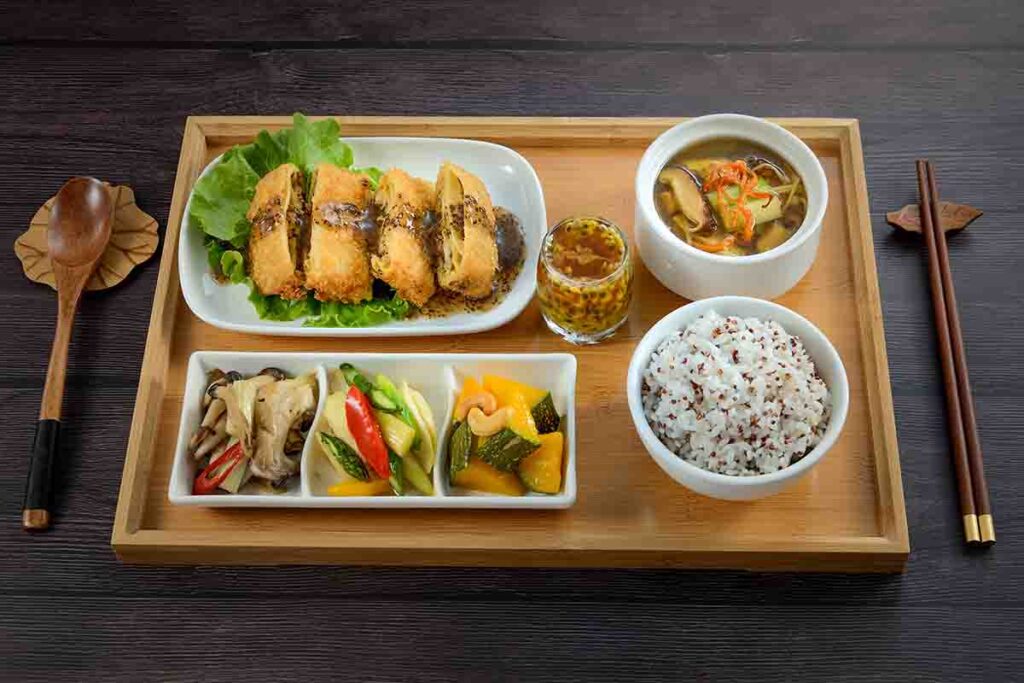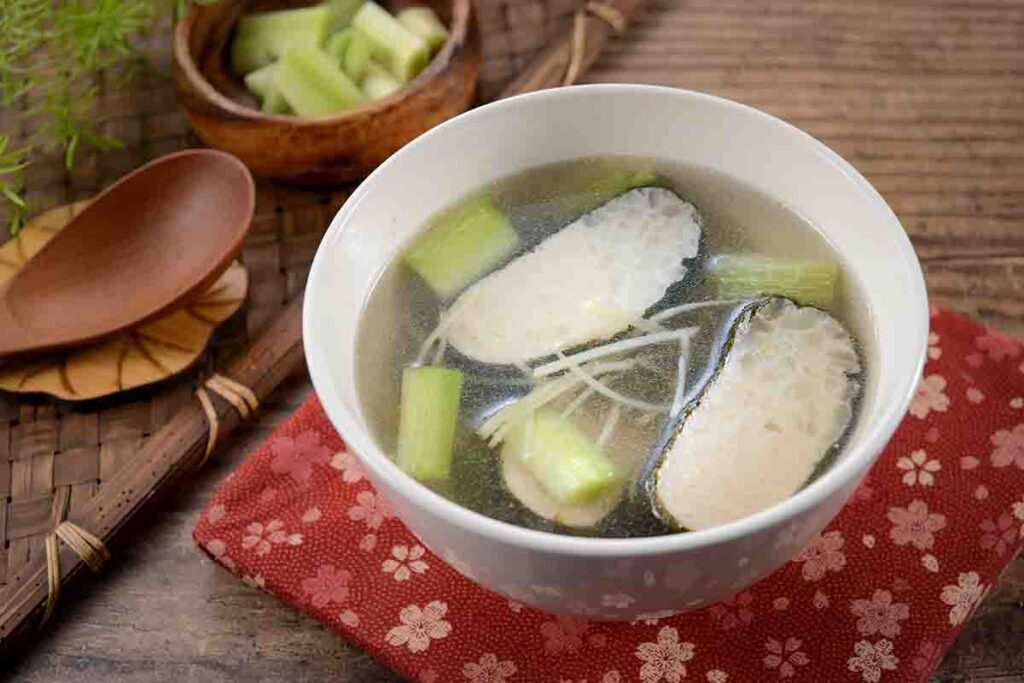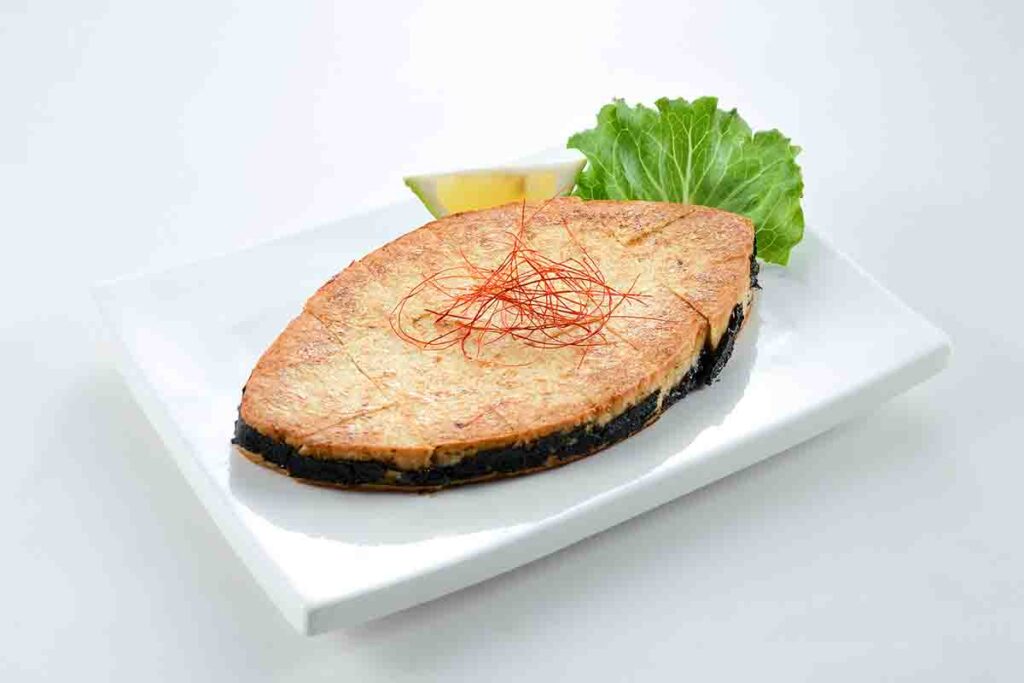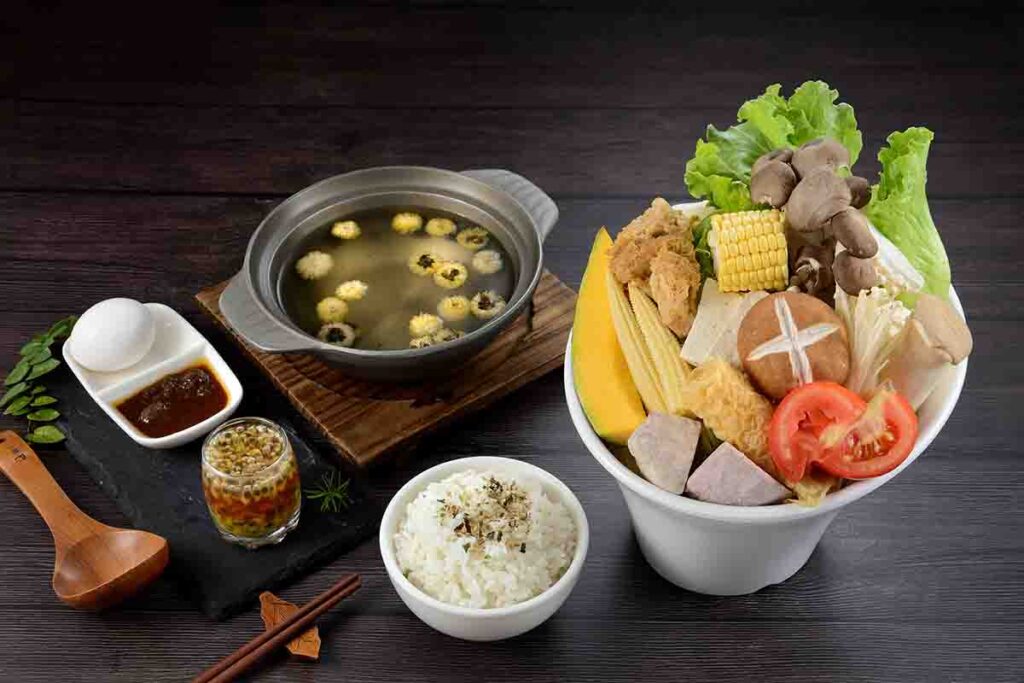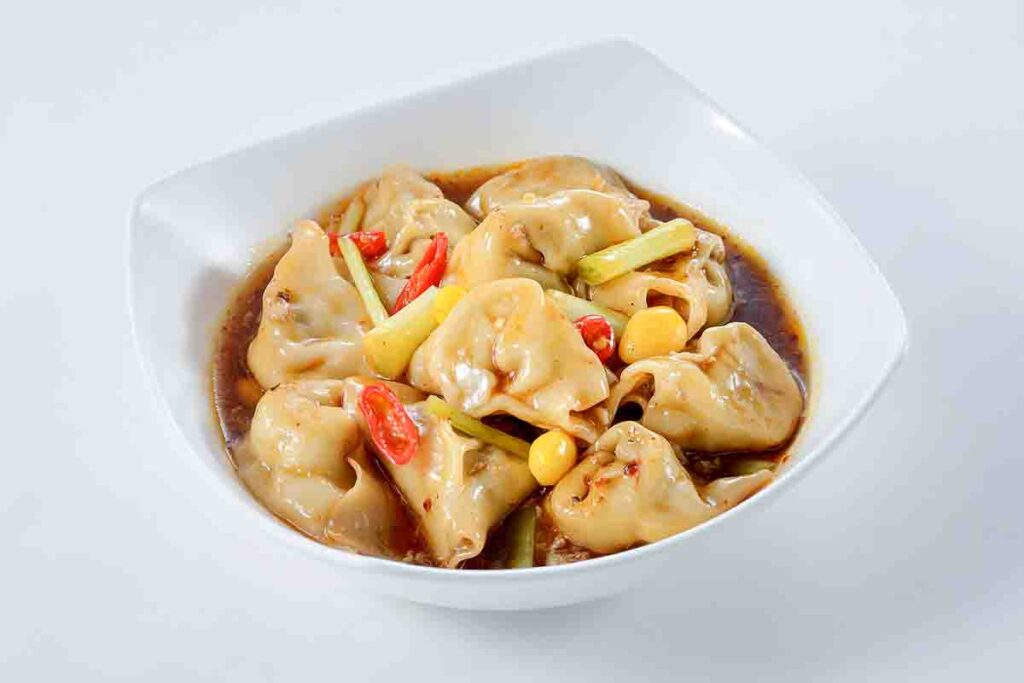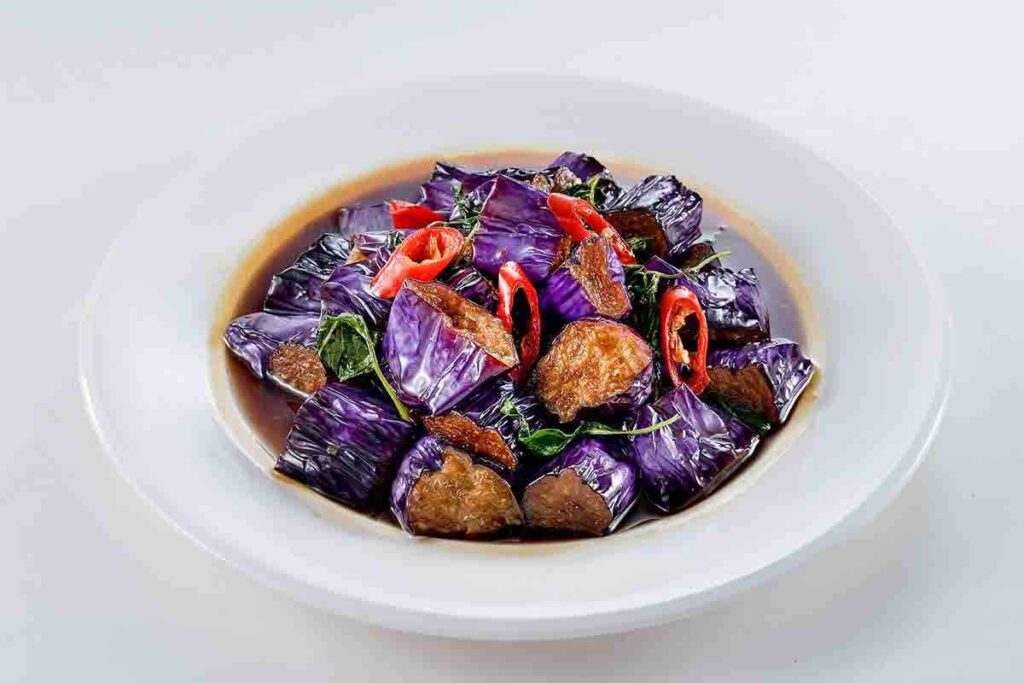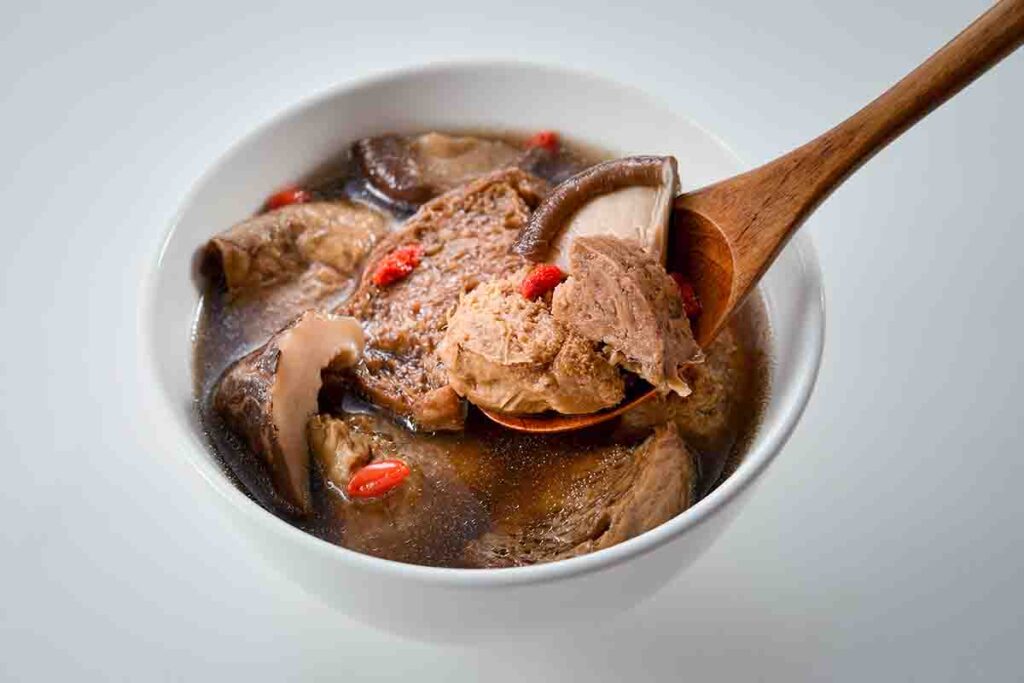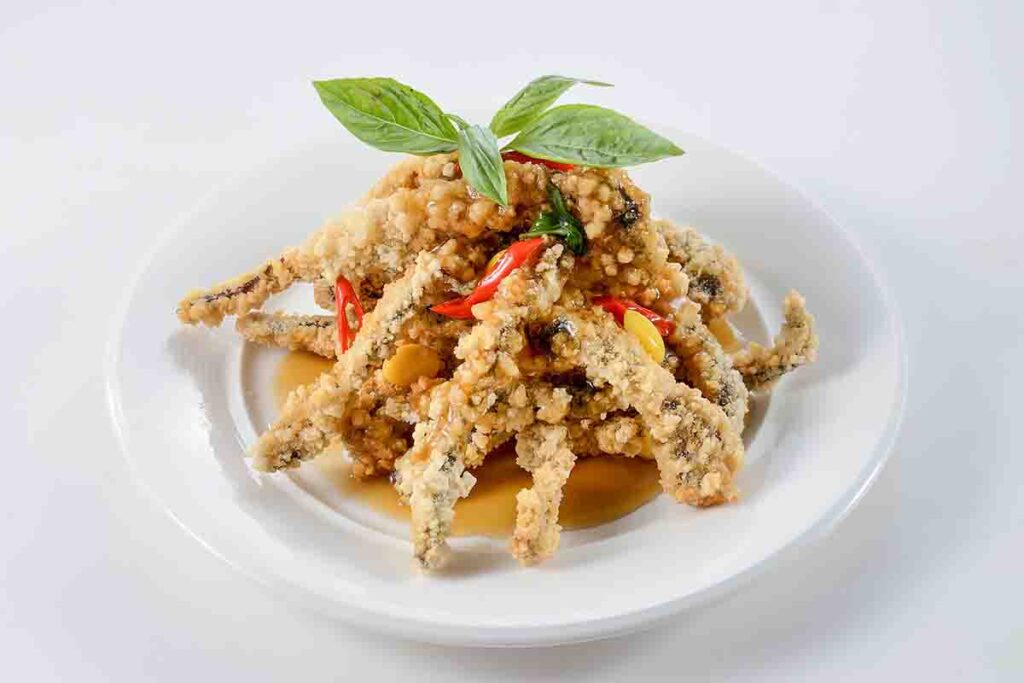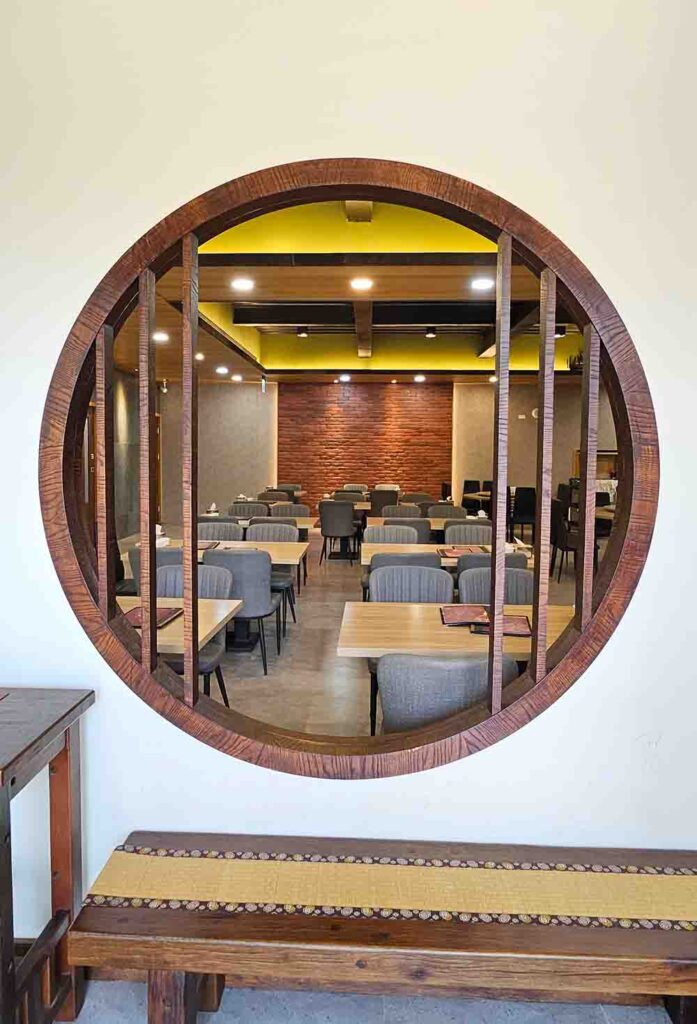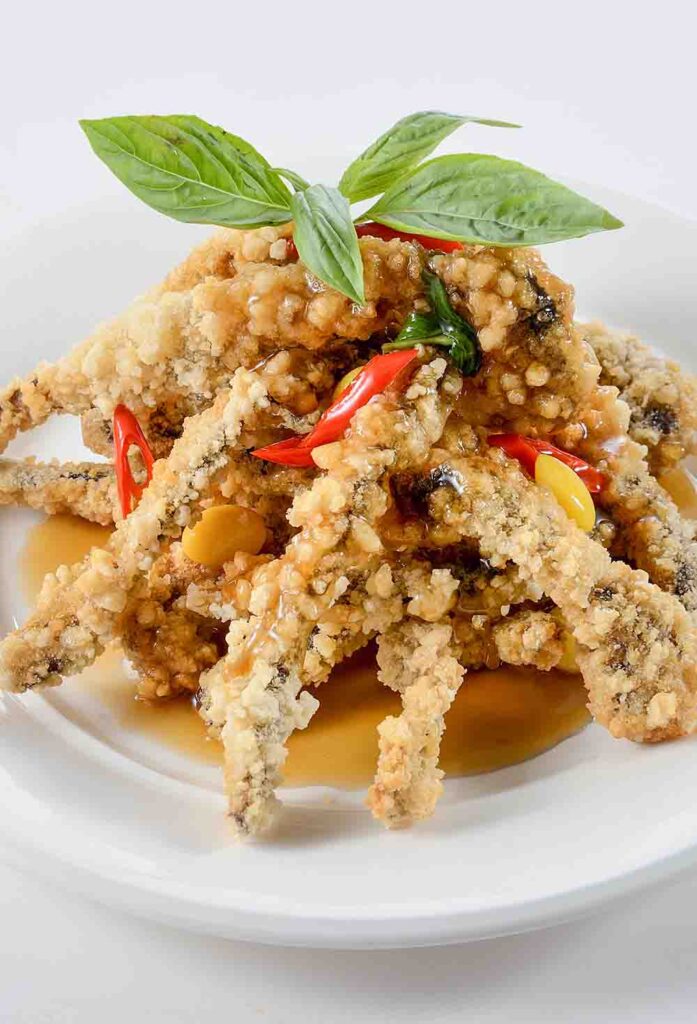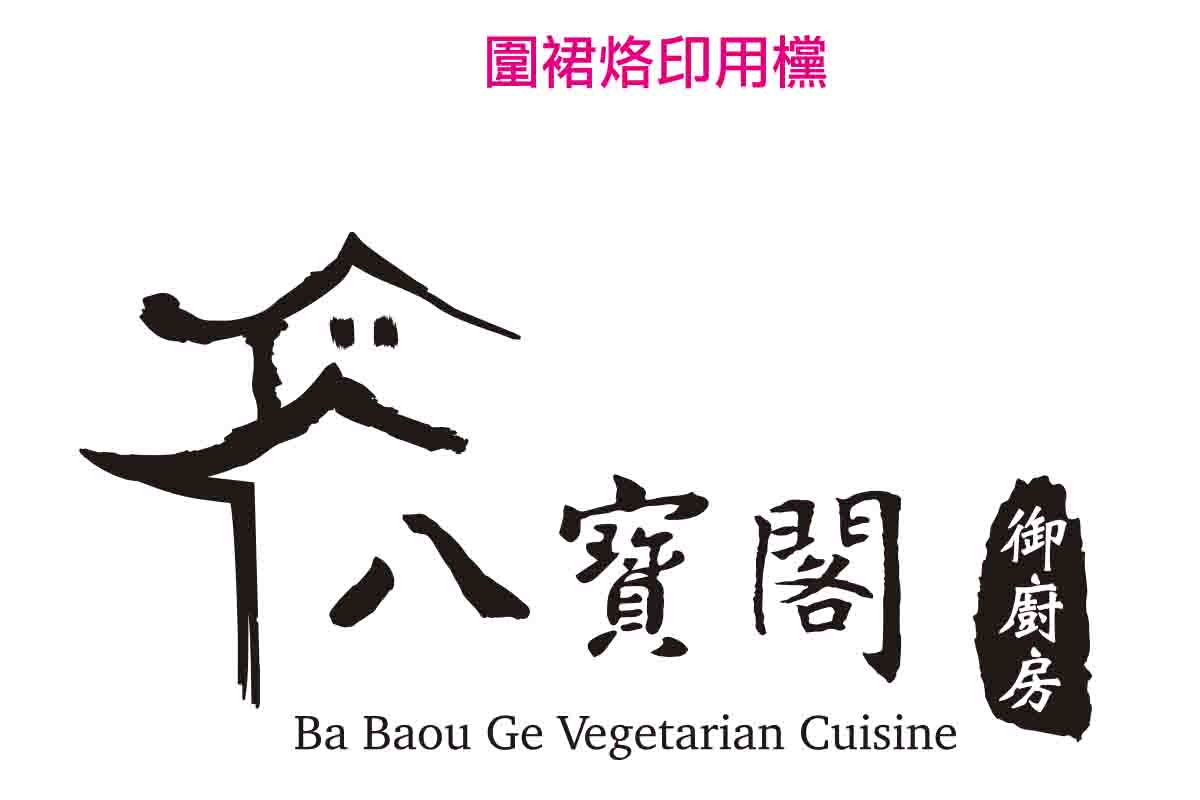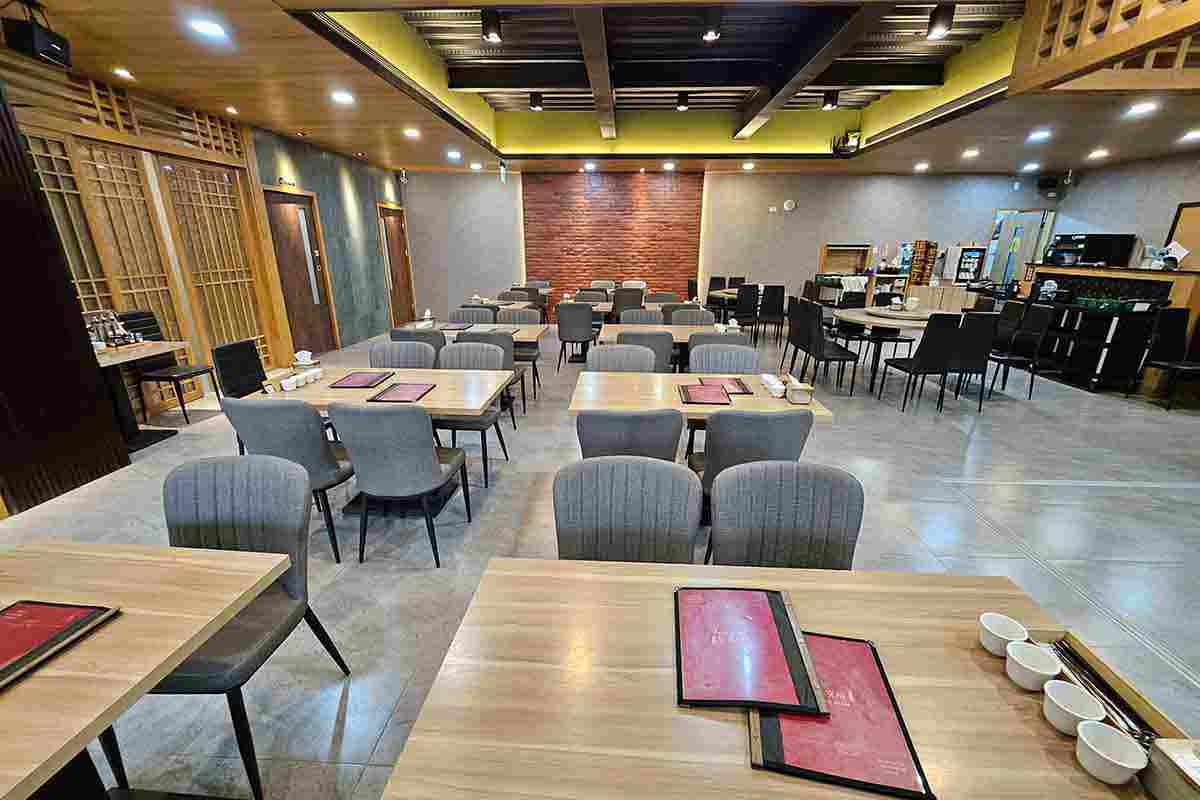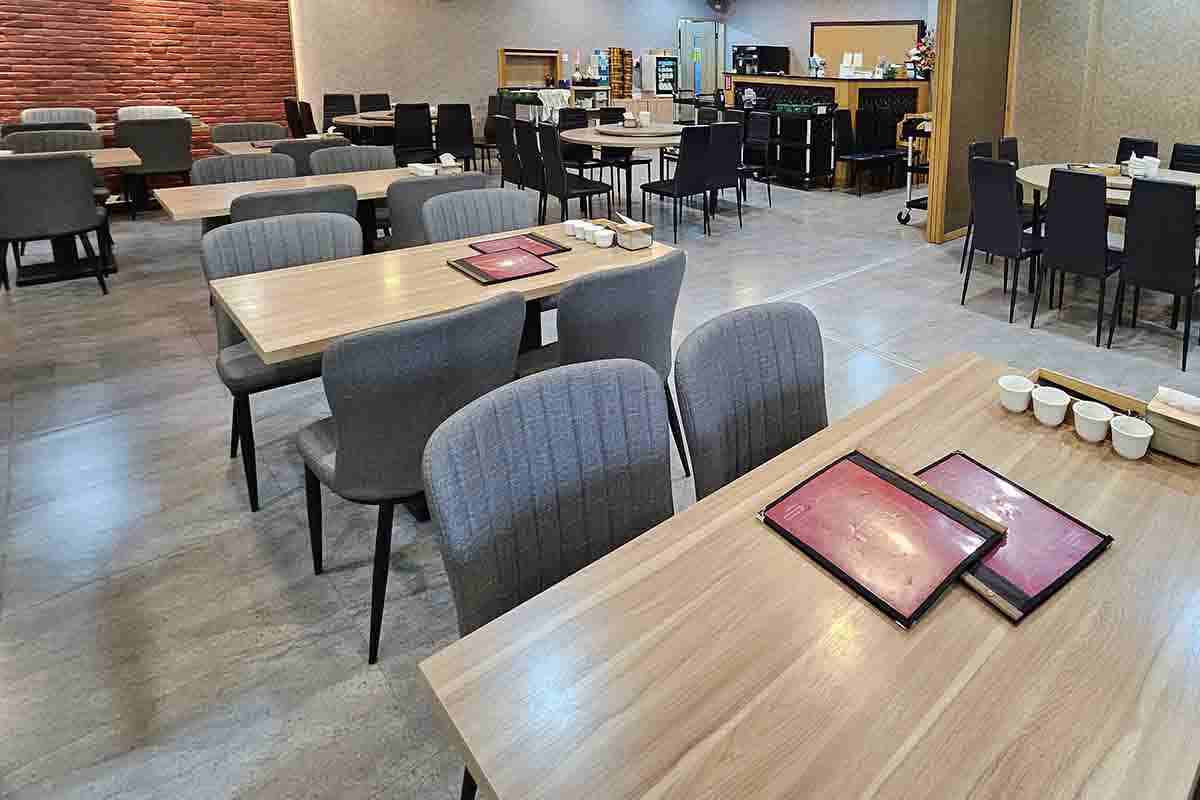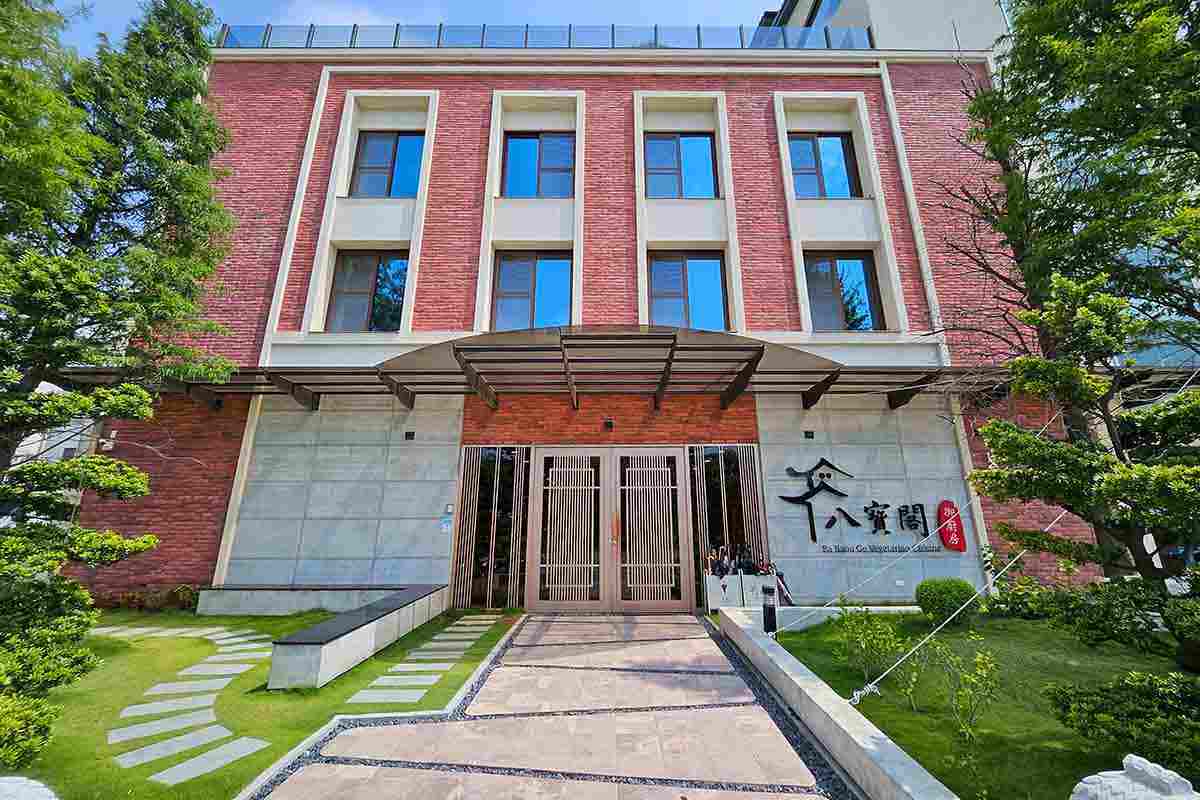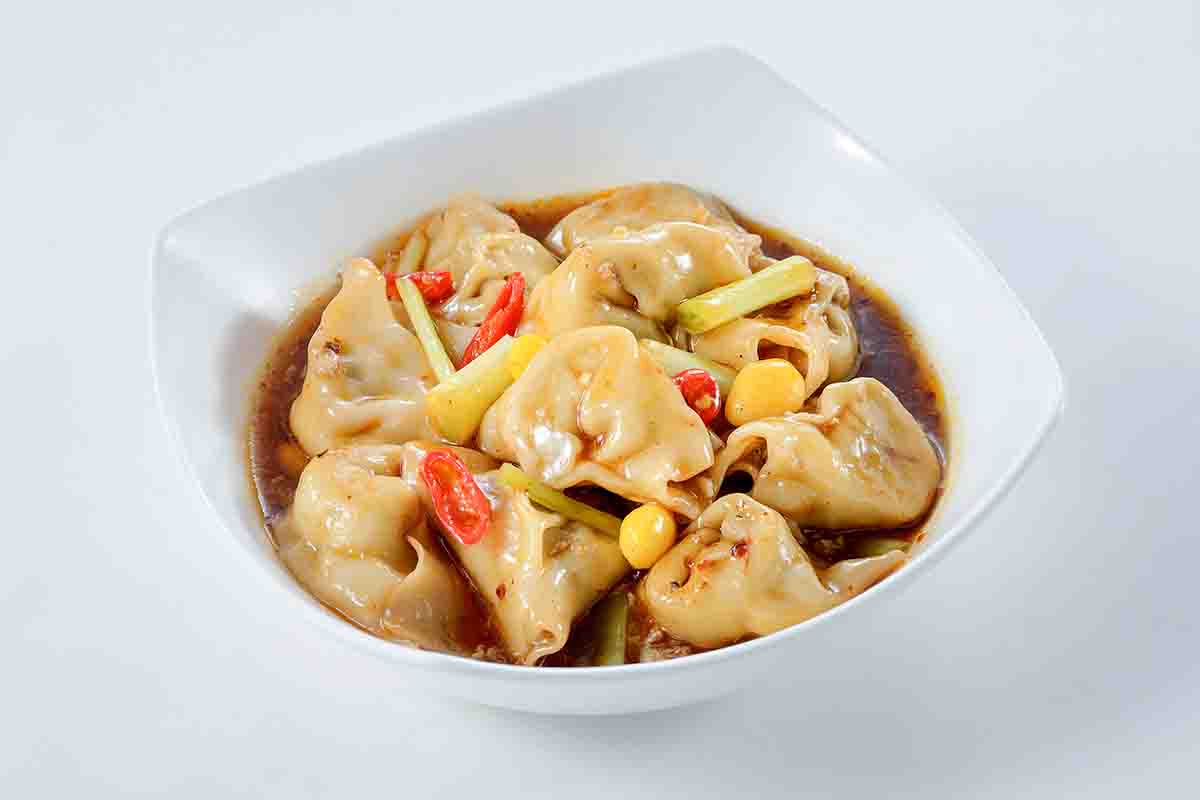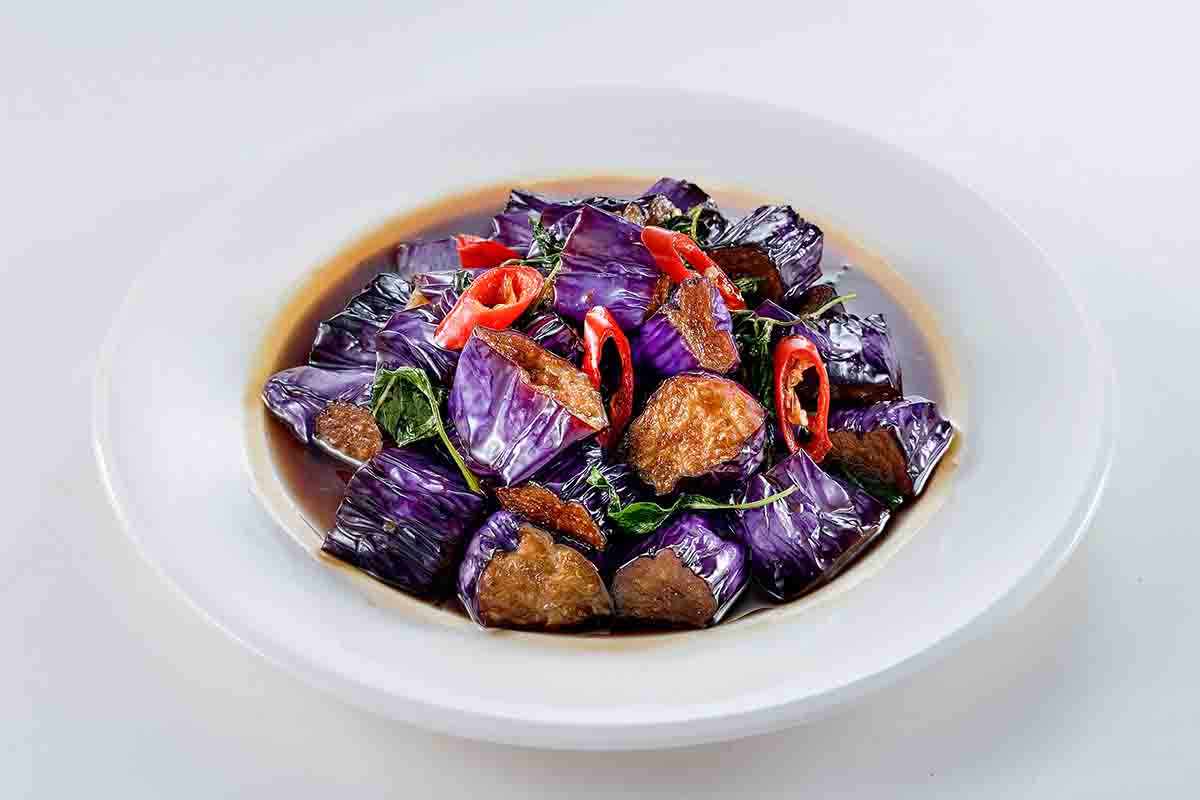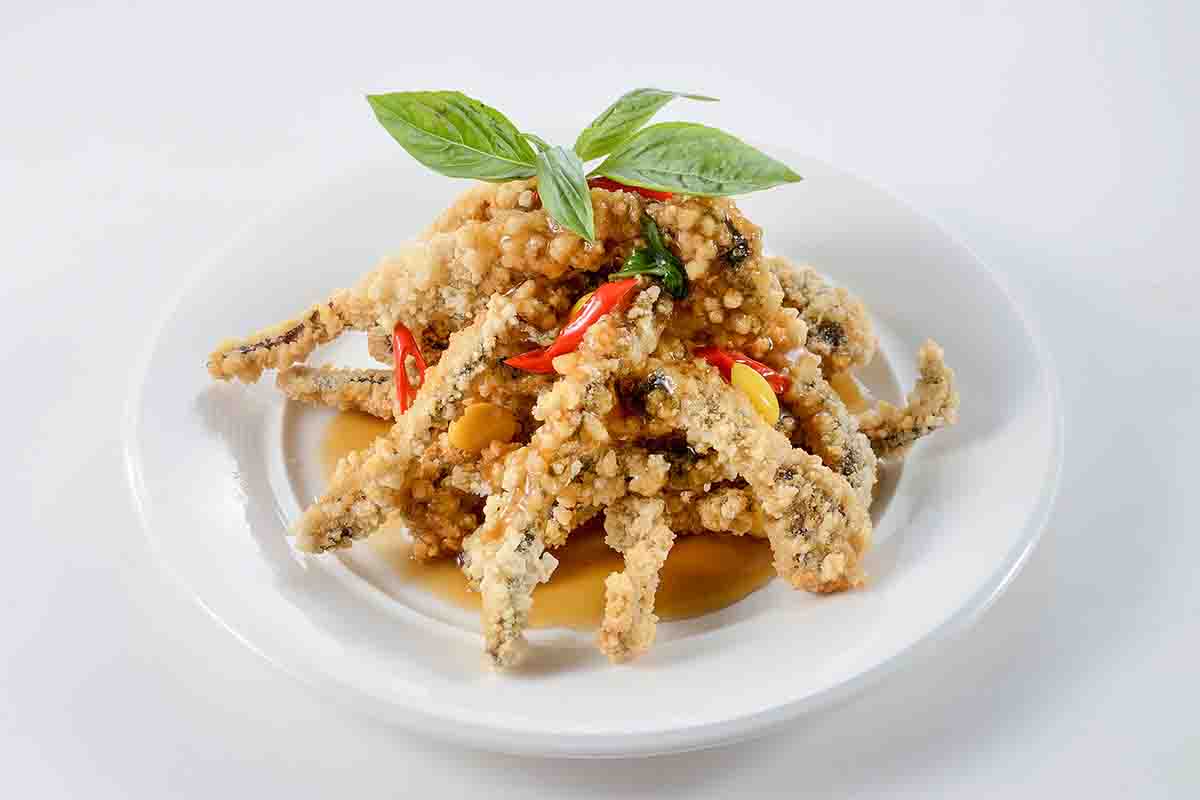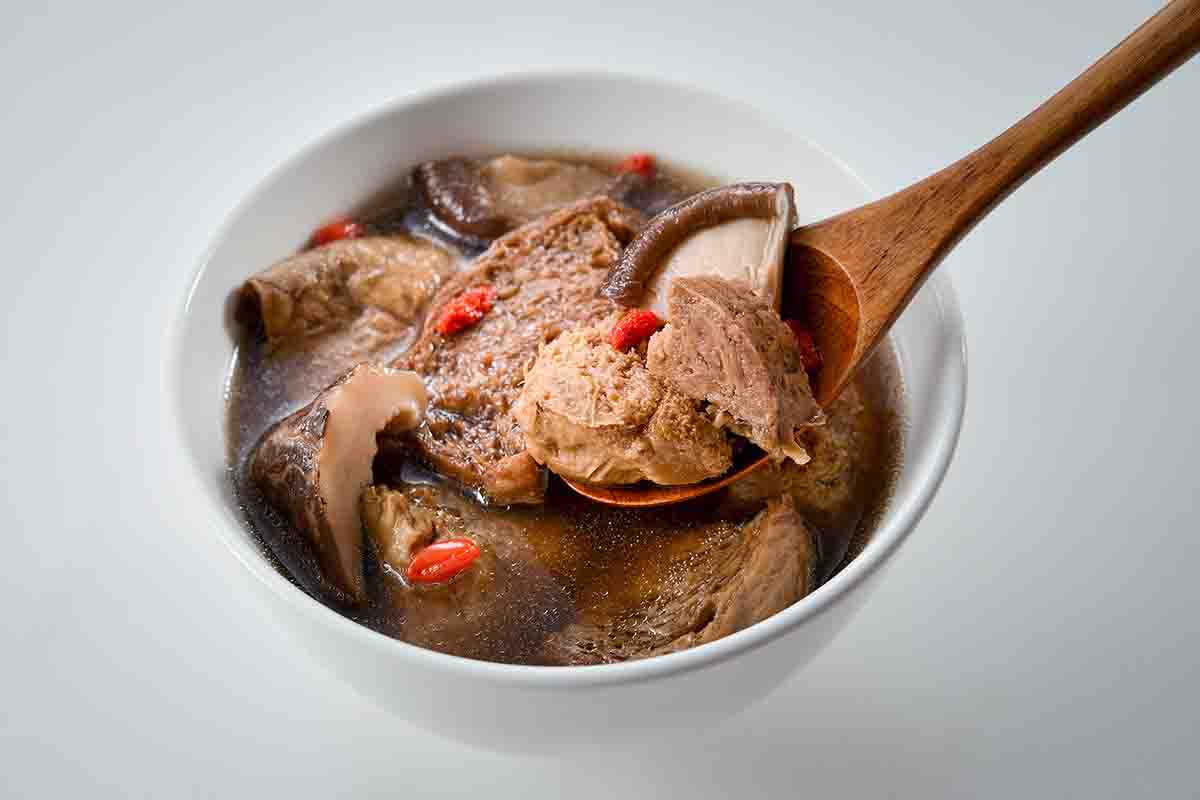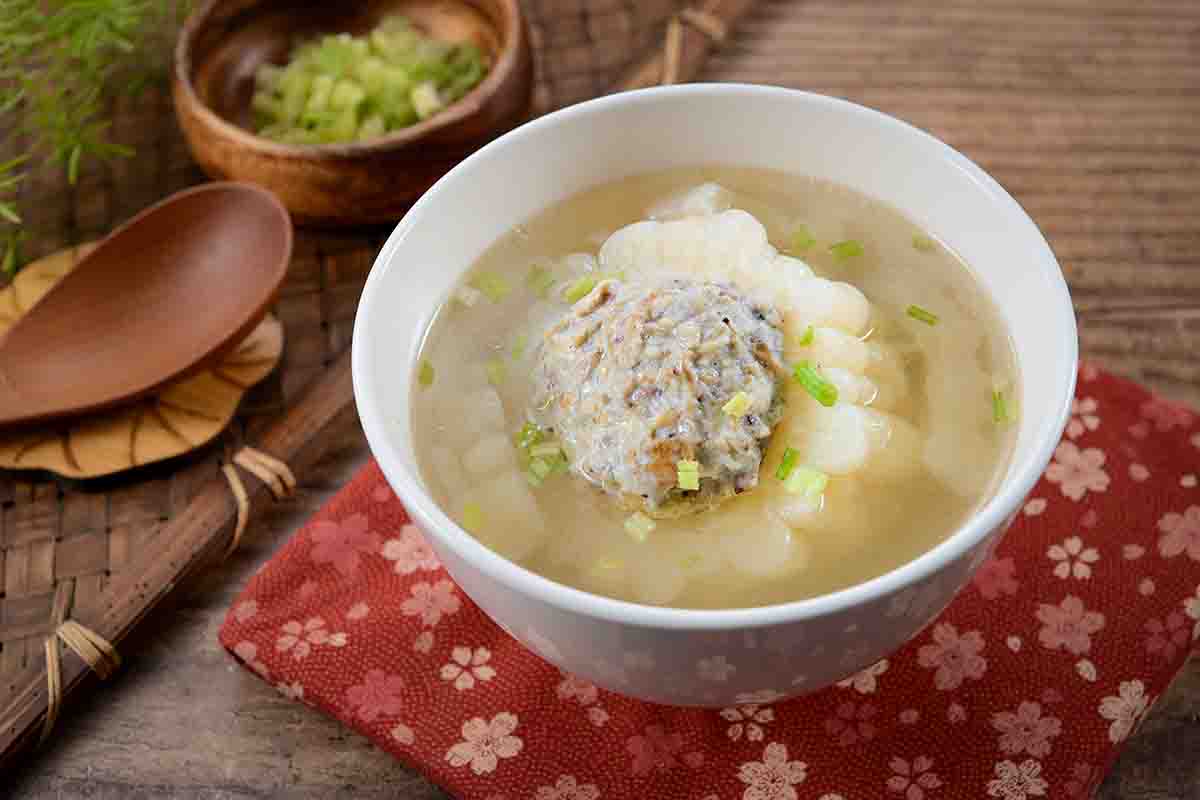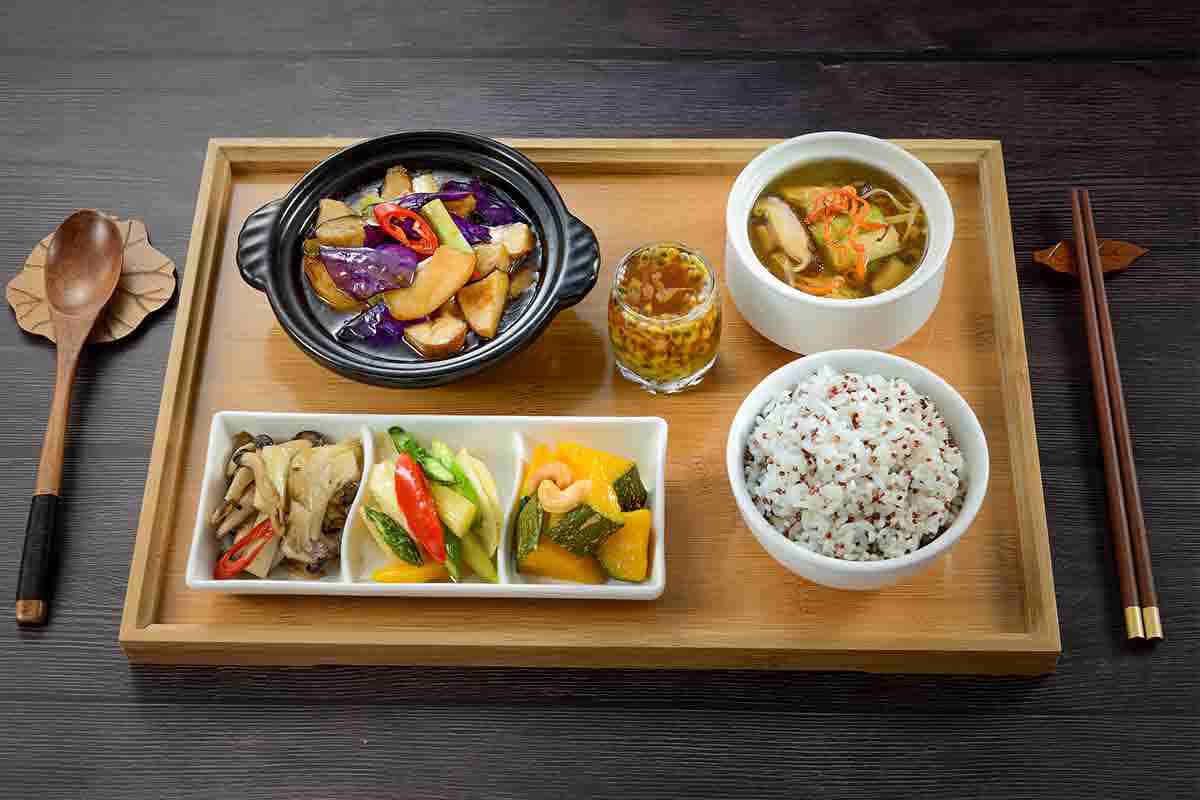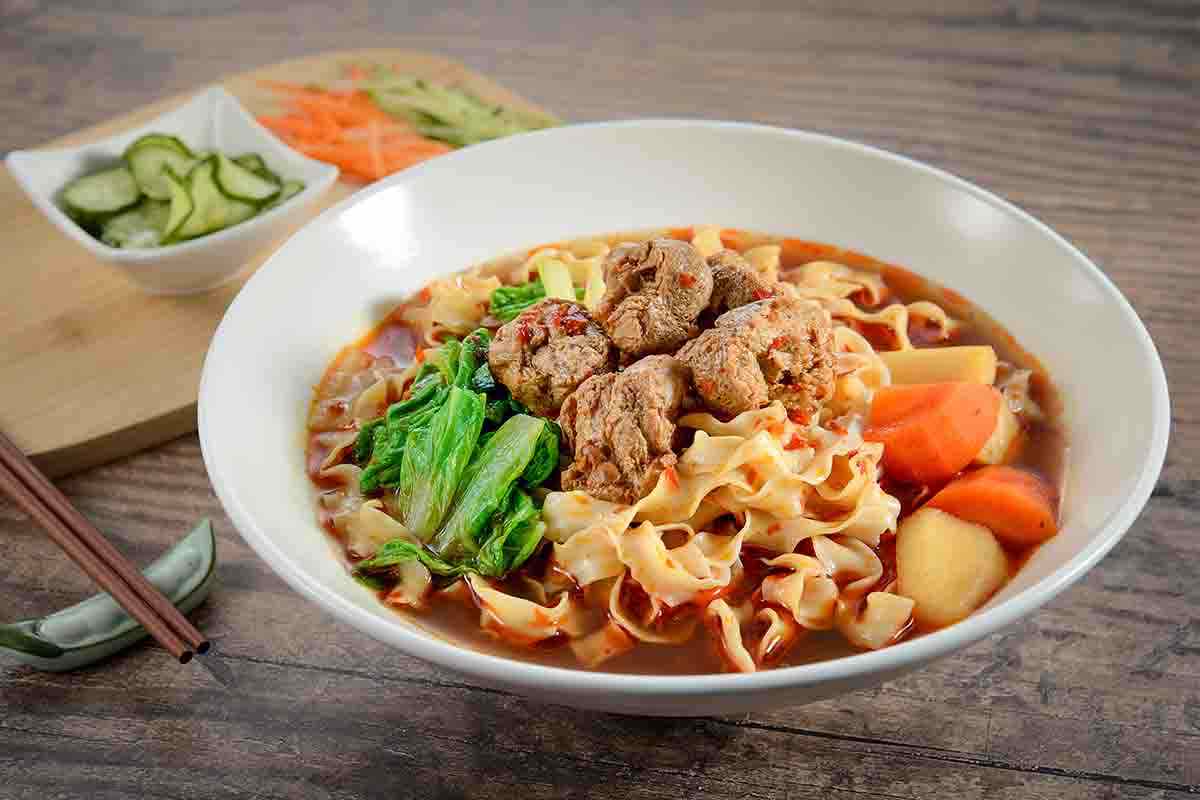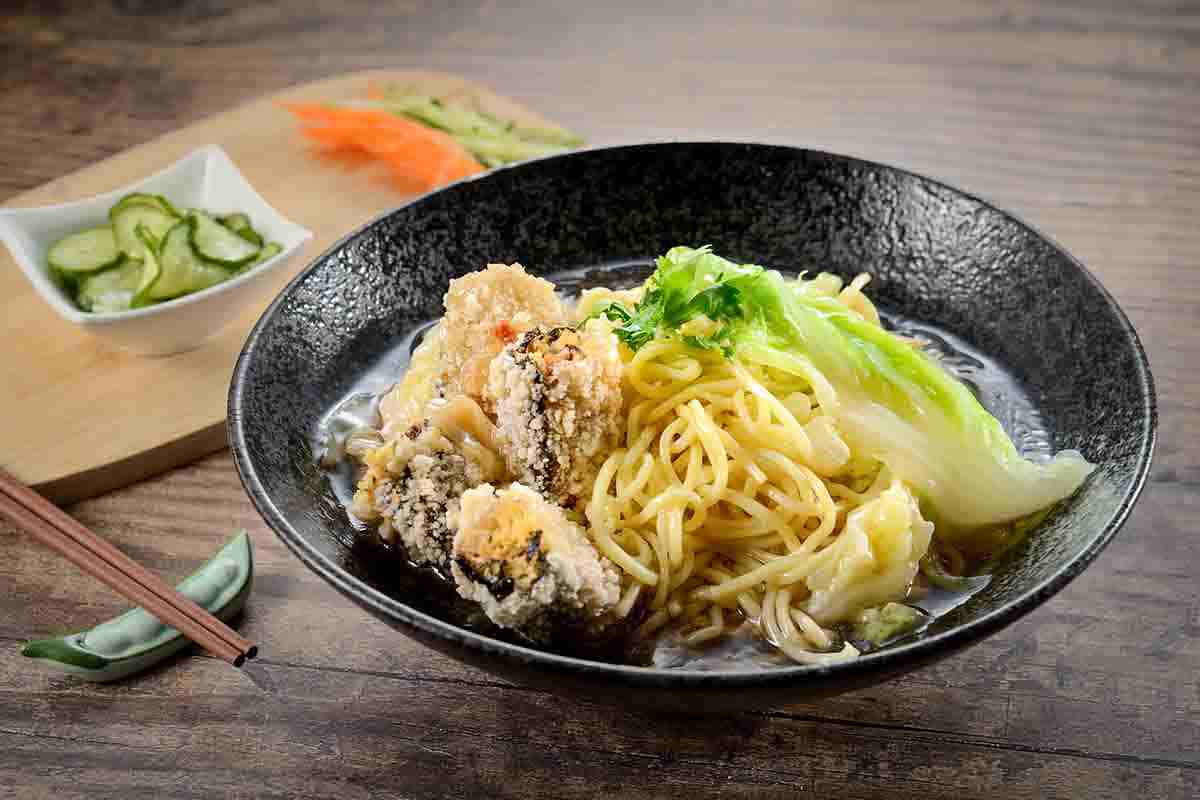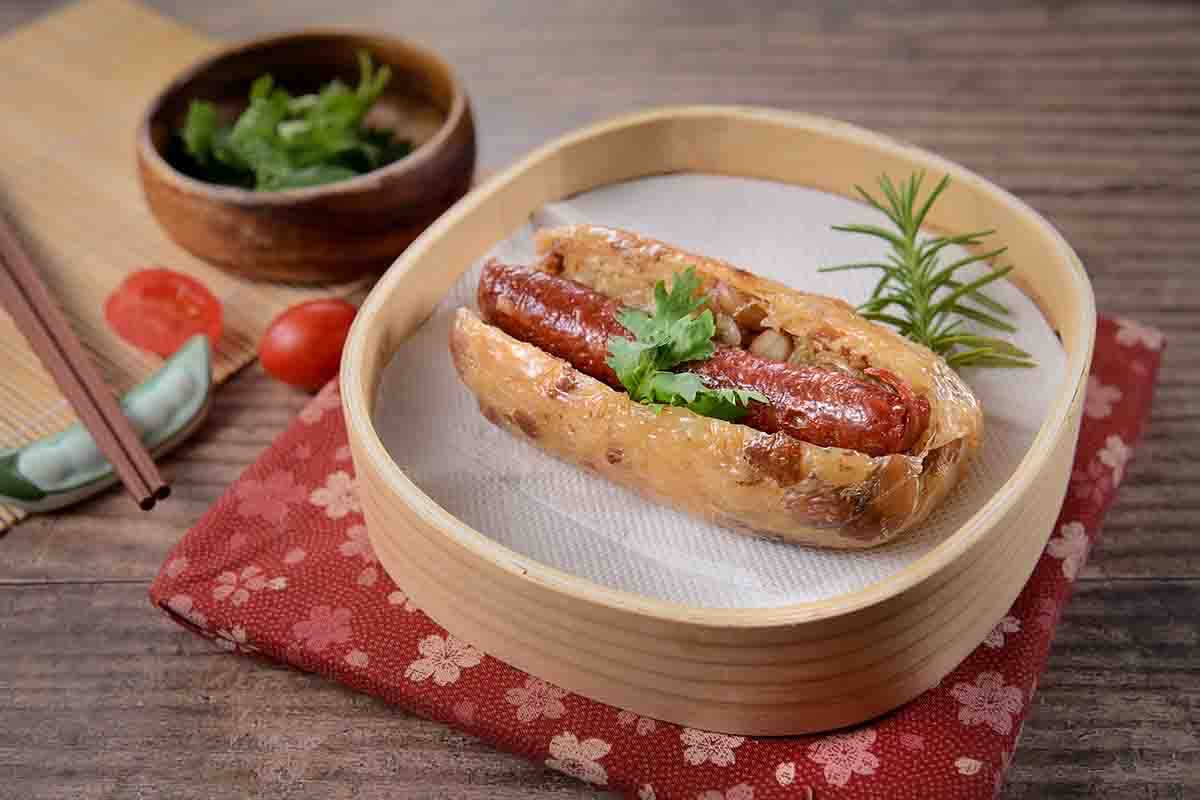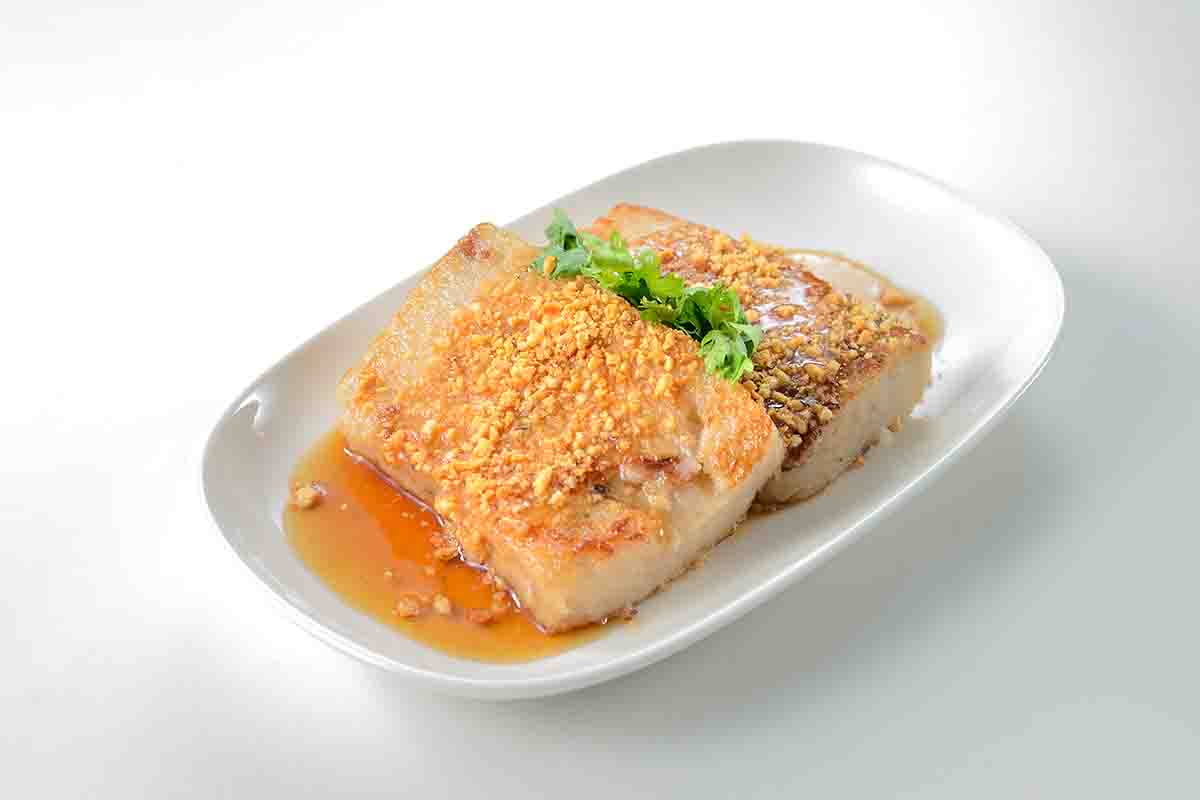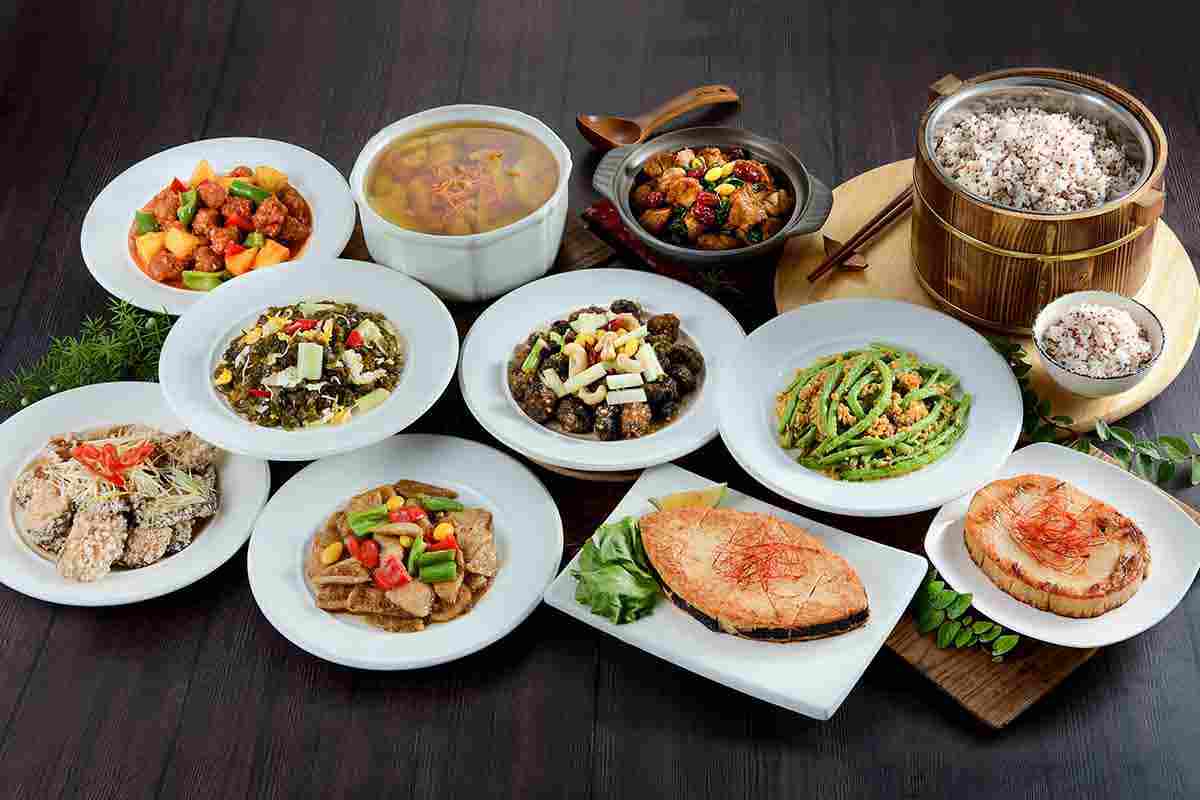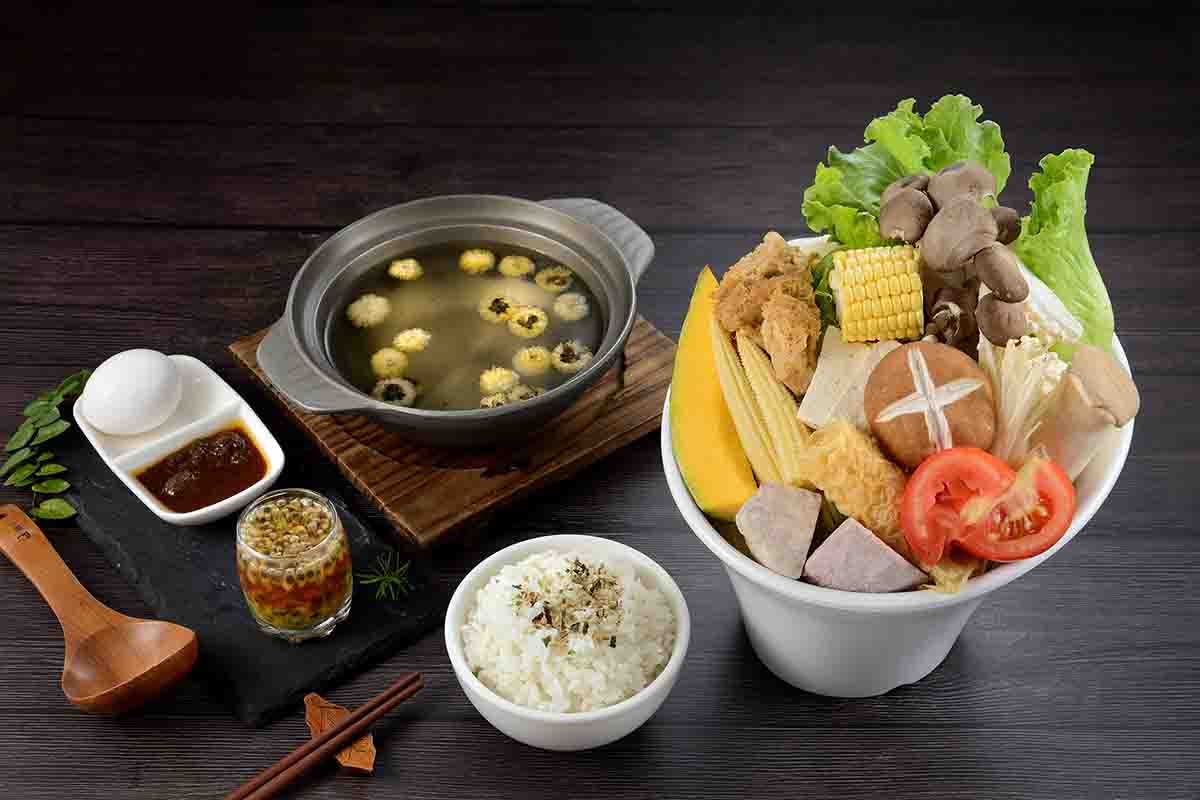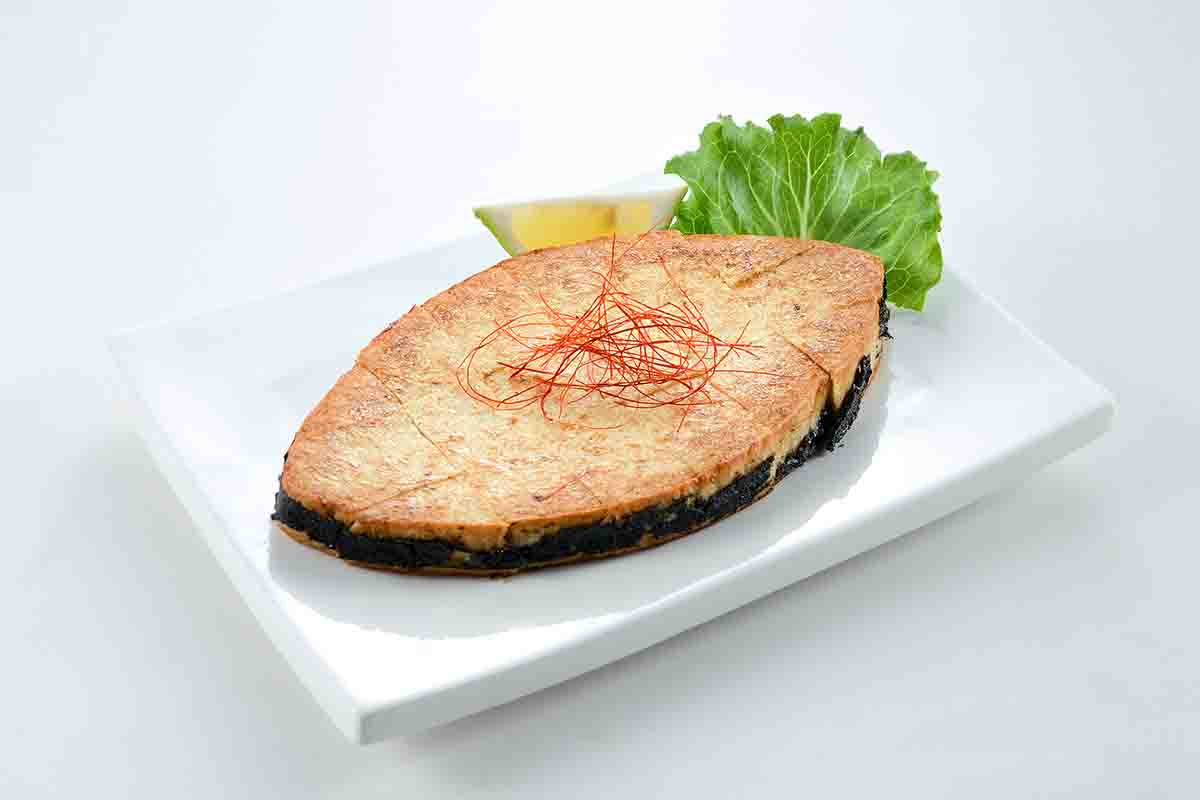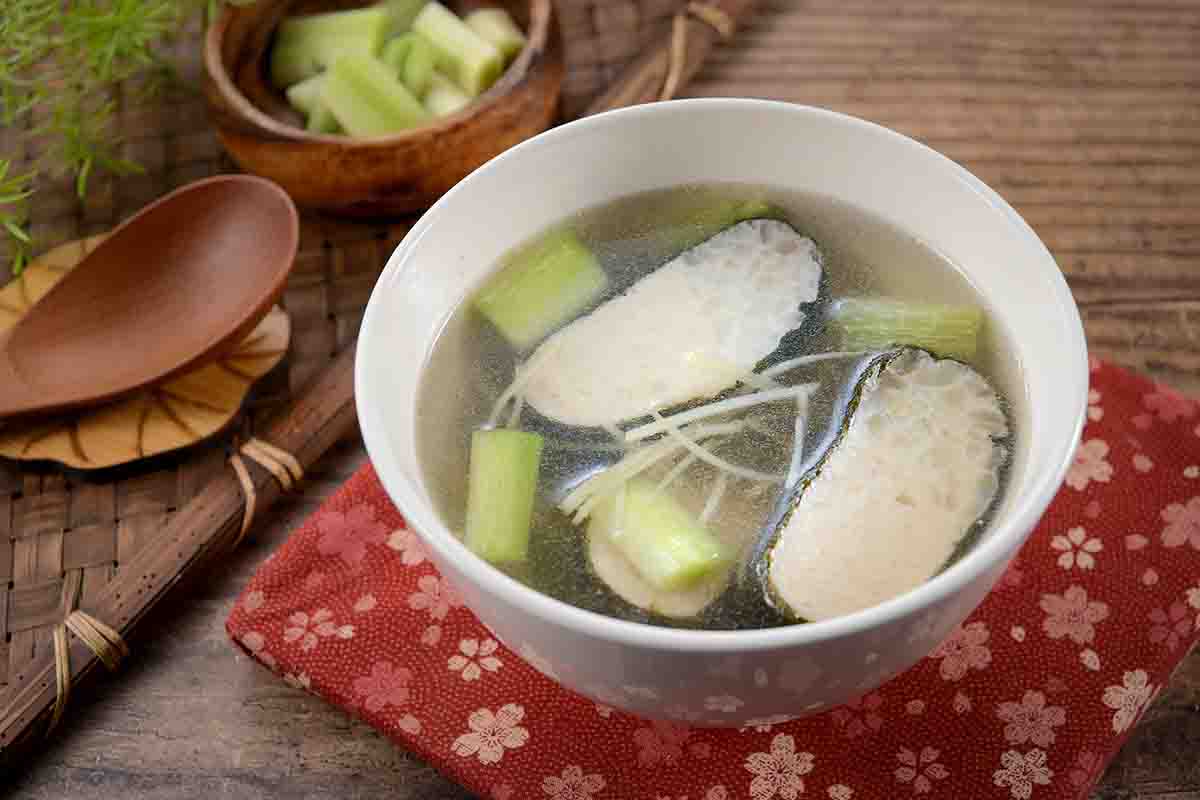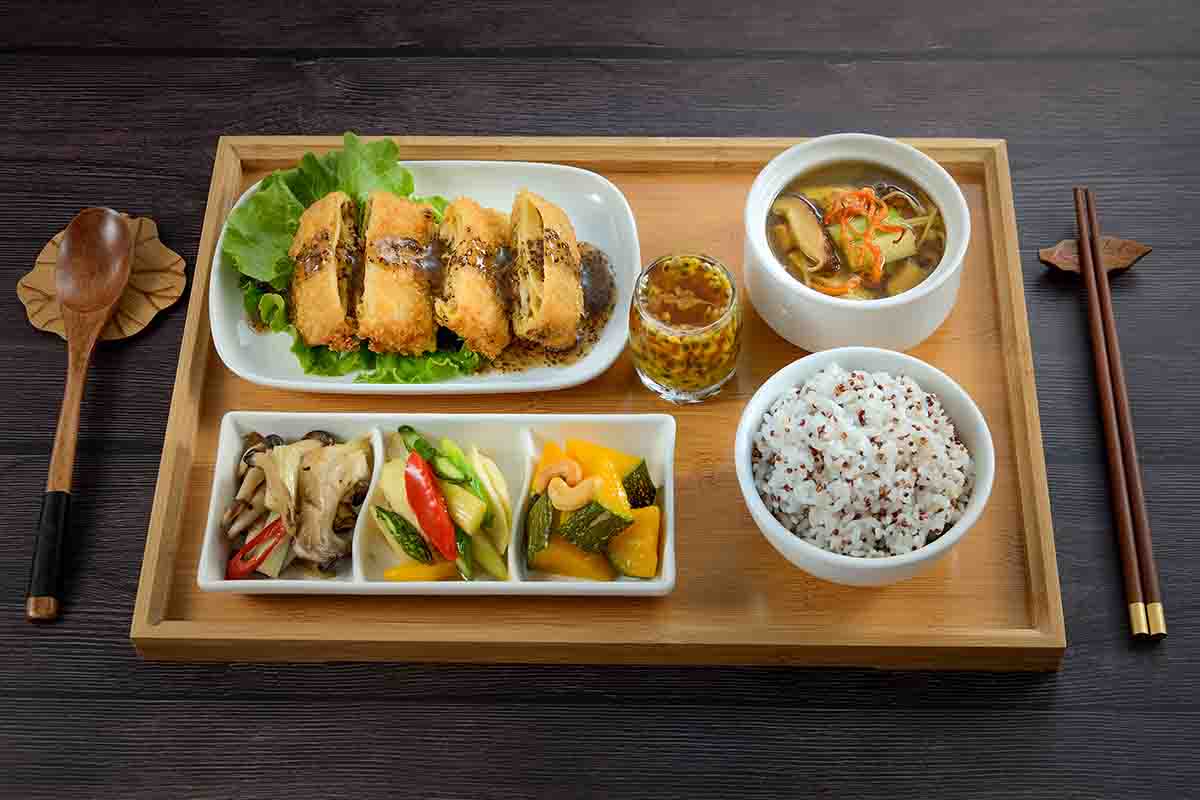Regarding eggs, opinions differ. Some refrain from eating eggs because they believe eggs can potentially develop into chicks, thus involving the taking of life. Others argue that most modern eggs, particularly those from commercial egg-laying chickens, are unfertilized and cannot hatch into chicks, making them acceptable for consumption. However, within the context of Buddhist precepts, the principle of ‘avoiding suspicion’ advises practitioners to avoid actions that may provoke doubt or criticism from others. For example, a monastic may feel compelled to explain their consumption of eggs by stating, “The eggs I consume are not fertilized, lack life, and come from commercial egg-laying chickens.” Such explanations might invite unnecessary scrutiny. Therefore, practitioners are encouraged to adhere to guiding principles that inform their dietary choices.
Buddhist vegetarianism is practiced by significant portions of Mahayana Buddhist monastics and laypersons, as well as some Buddhists from other sects. Notably, there are still many flavorful ingredients that Buddhists can enjoy, such as chili, peppercorn, and ginger. Asia, especially Southeast Asia, has a rich history of plant-based milk usage, making soy and coconut milk readily available in dishes or as beverages. While not always mentioned, another common restriction is alcohol. Drinking is discouraged, and intoxication is frowned upon because it impedes mindfulness. Thus, it is best to drink in moderation or not at all.
Ba Baou Ge is a vegetarian restaurant located in Anping, Tainan. All dishes served are meatless and Buddhist-friendly, without onion, garlic, or scallion. All soybean ingredients used are non-GMO. The restaurant aims to attract non-vegetarians, encouraging them to try vegetarian dishes even without meat. They serve delicious vegetarian foods such as Daikon Cake, Vegan Mackerel Thick Noodle Soup, Taiwanese Sausage with Sticky Rice, and Vegetarian Milkfish Belly Soup. In Tainan, Milkfish Belly Soup is a famous street food. The restaurant uses natural ingredients, like tofu, to create imitation meat flavors to appeal to gourmets. One of their signature dishes, Sauteed Vegetarian Tuna, is made from mushrooms instead of bean curd.

